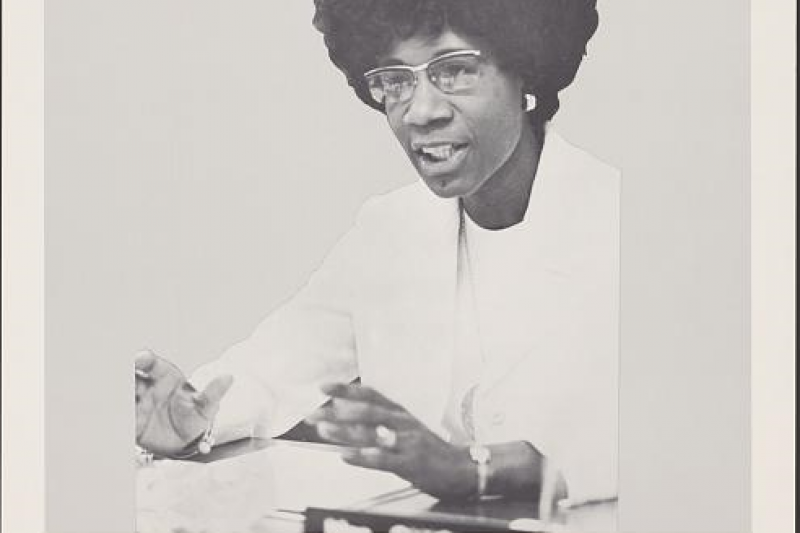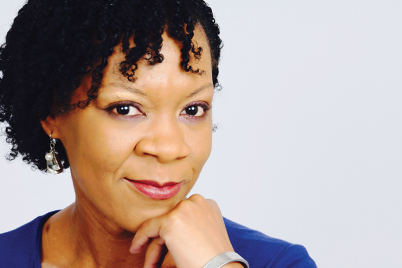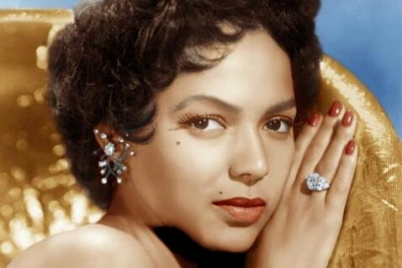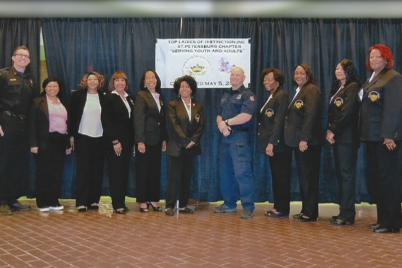Shirley Anita Chisholm became the first Black woman to be elected to the United States Congress. [By N.G. Slater Corporation, 1972]
BY KEISHA BELL | Visionary Brief
Have you ever been “the only one” in a place—-the only woman, the only black, the only Generation X-er, the only black woman who is a Generation X-er? Inhale. Exhale. Move on.
Do you know the feeling of working and being told you are only there because a quota needs to be met? Inhale. Exhale. Move on.
Have you ever overheard your supervisor complain about hiring women because women take too many days off to care for children she has yet to bore? Inhale. Exhale. Move on.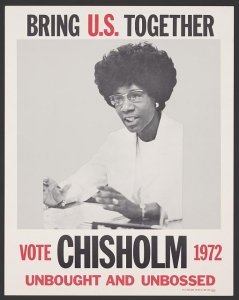
Have you been told that you sound “so articulate?” Have you ever wanted to address these “concerns” but chose instead to inhale, exhale and move on?
In 1972, the United Negro College Fund launched a campaign to assist minority students to graduate from colleges and universities. Its indelible slogan was, “A mind is a terrible thing to waste.” Across the country, little black and brown children were routinely told education was the way out. Such messaging held particular importance to little girls whose parents saw possibility in women like Mrs. Shirley Anita St. Hill Chisholm.
Notably, in 1968 Mrs. Chisholm became the first black woman elected to the United States Congress. In 1972, she again made history by becoming the first black candidate for a major party’s nomination for President of the United States, as well as the first woman to run for the Democratic Party’s presidential nomination.
Across the country, little girls were encouraged to be anything they dreamt. After all, Mrs. Chisholm represented strength. She represented hope. She represented them.
Somewhere in the midst of the dream, yet residing in its pursuit, lives the reality of being “the only one,” one of “a few,” and sometimes “the first.” Little girls with black and brown skin would soon become women, and along her journey, it would become imperative for her to successfully maneuver in a world that says “you are less than” because you are female and because you are non-white.
It is not a popular conversation, yet comments about quotas and motherhood and articulation will serve as coded language to indicate her “place.” Within herself, she will need to learn how to reject these “messages,” even when they are subtly endorsed within her community. Inhale-exhale and move on.
Remembering her innocence, she will need to defy the odds known by her parents and grandparents many years ago when she first said, “I want to be a ….” Time teaches her that the celebrations she once thought were in her honor were actually a celebration of achievement much greater than her.
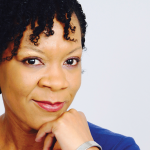
Keisha Bell
A woman, not white, being “the only one,” one of “a few,” and sometimes “the first,” has a price that is not always understood. Making the sacrifice for its rewards is necessary. After all, her presence is needed to diversify spaces. Parents are watching. Little girls are dreaming. Thus, the pursuit continues.
Keisha Bell is an attorney, author, and public servant.

